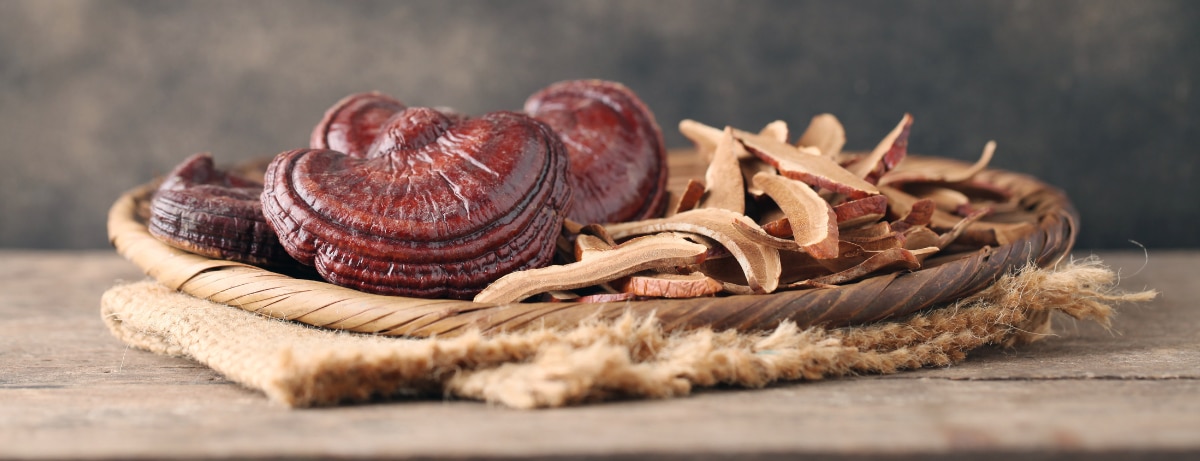15% off £25 or 20% off £35
Code:BASKET
Feverfew: benefits, dosage & side-effects

Find out all about feverfew, including what it does, the benefits to using it and how much you might need
Summary
1What is feverfew and what does it do
Traditionally, the herb was popular for headaches, fever, inflammatory conditions, coughs, colds and arthritis. Indeed, the word ‘feverfew’ comes...
2What does feverfew do in the body?
Like other plants in the aster or daisy family, feverfew contains more than 30 natural plant chemicals. These are called sesquiterpene lactones...
3How much feverfew is safe to take?
It’s safe to take 100mg of powdered feverfew per day, according to the European Medicines Agency.10 Experts advise that feverfew supplements should...
Find out all about feverfew, including what it does, the benefits to using it and how much you might need
Written by Victoria Goldman on March 19, 2019 Reviewed by Gabriella Clarke on March 21, 2019
Feverfew, or Tanacetum parthenium, is a flowering plant related to the aster or daisy family. It grows as a weed all over the world.1 The Ancient Greeks used feverfew to ease inflammation and fever.
What is feverfew and what does it do
Traditionally, the herb was popular for headaches, fever, inflammatory conditions, coughs, colds and arthritis.2 Indeed, the word ‘feverfew’ comes from the Latin word febrifugia, which means ‘fever reducer’.3 Nowadays, it isn’t used for those reasons but is instead a popular herbal remedy for the prevention of migraine symptoms.4
Benefits of feverfew
What does feverfew do in the body?
Like other plants in the aster or daisy family, feverfew contains more than 30 natural plant chemicals. These are called sesquiterpene lactones, with the most active being parthenolide. These chemicals are thought to:5
- block the body’s production of prostaglandins, which cause inflammation, pain and fever
- stop blood vessel muscles from contracting
- curb the action of signalling molecules that promote inflammation in the body6

Prevention of migraine – the above effects mean feverfew may be helpful for prevention of migraine headache, and it has been approved by the European Medicines Agency for this use.7 A Cochrane review, published in 2015, found that feverfew was effective in preventing migraine in four out of six clinical trials.
However, researchers suggested that more high-quality trials were needed.8 If you’re interested in taking feverfew to prevent migraine attacks, speak to your GP or a medical herbalist first. You should only take it if you have already been diagnosed with migraine and other serious conditions have been ruled out first.9
Dosage
How much feverfew is safe to take?
It’s safe to take 100mg of powdered feverfew per day, according to the European Medicines Agency.10 Experts advise that feverfew supplements should have parthenolide standardised to 0.2%.11 Make sure you read the product label carefully and stick to the recommended dose. Feverfew shouldn’t be taken by the following people, as it has not yet been proven to be safe:12,13
- babies and children
- pregnant or breast-feeding women
- anyone taking blood-thinning medicines, such as aspirin or warfarin
In some people, feverfew can cause an allergic reaction, so don’t take it if you know you have allergies to other plants in the aster family, such as chrysanthemums, daisies and marigolds.14
Side-effects
What are the side-effects of using feverfew?
Teas or fresh leaves from the feverfew plant can taste very bitter and may irritate your mouth. For some people this can cause numbness and swelling.15 Capsules or tablets don’t usually trigger side-effects, but can occasionally cause:16
- mouth ulcers
- tummy upsets
If you’ve been taking feverfew for a long time and then decide to stop, you may experience rebound symptoms, known as ‘feverfew rebound syndrome’.17 Symptoms can include:18
- headaches
- difficulty sleeping
- anxiety
- nausea
- stiff or painful muscles
It’s important to decrease your dose of feverfew slowly to help prevent these rebound effects.19
Advice is for information only and should not replace medical care. Please check with your GP before trying any remedies.
1. British Herbal Medicine Association. Feverfew
2. Pareek A, et al. Feverfew (Tanacetum parthenium L.): A systematic review
3. As Source 1
4. As Source 2
5. As Source 2
9. As Source 7
10. As Source 7
11. As Source 2
12. As Source 2
13. As Source 7
15. As Source 1
16. As Source 14
18. As Source 2
19. As Source 17











